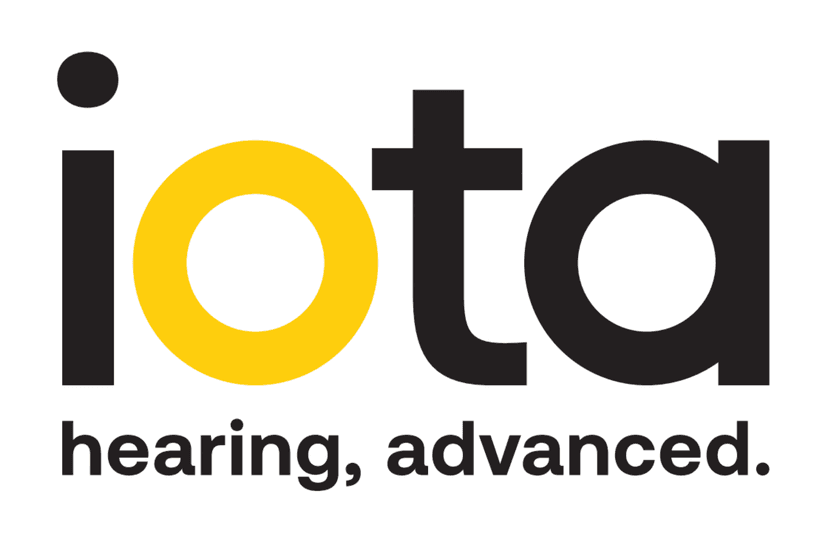From University Spin-Out to Series A

Problem
Our first company started as many do: an idea from a university laboratory with a clinical expert and a technical founder. The challenge—how to get enough capital to test feasibility and establish proof-of-concept without giving away crucial equity?
Approach
We targeted NSF SBIR Phase I to finance early technical milestones and market validation. The award enabled the team to hire the first engineer, build initial prototypes for testing, and validate the market opportunity with an initial $225k in non-dilutive funding. Leveraging the SBIR program allowed focused learning and progress without immediate dilution.
Outcome
The company completed a successful Phase I and parlayed those data into a Phase II award of $1.6M. This non-dilutive capital allowed the company to:
With strong technical validation and de-risked product development, the company successfully raised a Series A round with significantly better terms than would have been possible pre-SBIR. The equity preservation enabled by federal grants meant founders and early employees retained meaningful ownership.
Key Takeaways
Want similar results for your medtech startup? Non-dilutive funding isn't just about the capital—it's about the optionality it creates. Start your inquiry to discuss how SBIR grants can accelerate your path to Series A.
Ready to Write Your Success Story?
Let's discuss how non-dilutive SBIR funding can accelerate your startup's growth.
Start your inquiry